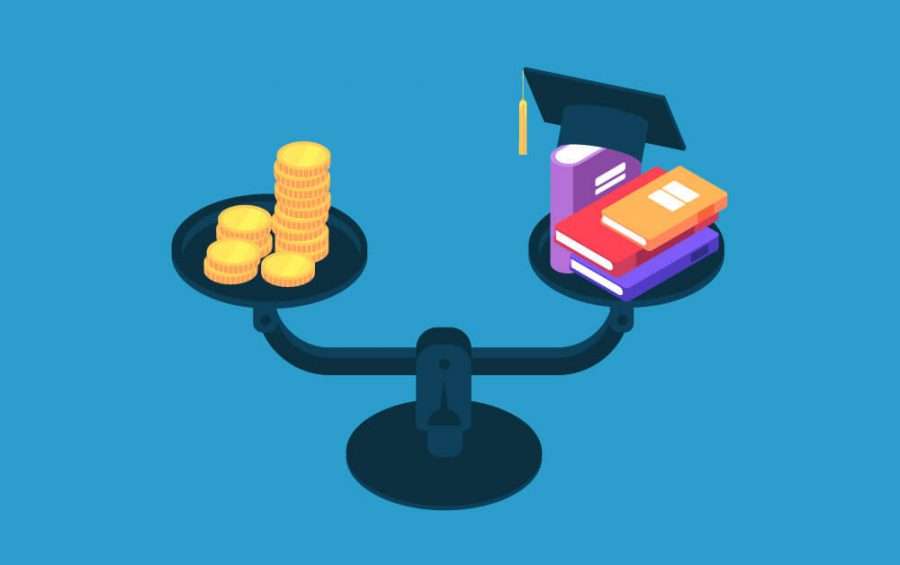
What the Secure Act 2.0 means for employers
Legislation
ICYMI: the Secure Act 2.0 is on its way to the House floor. The bill — which enhances and expands legislation set forth in the original Secure Act of 2019 and has garnered enthusiastic bipartisan support — is poised to give Americans’ retirement savings a major boost.
While some provisions outlined in the bill would impact workers on an individual level, the legislation poses some significant implications for employers. Here’s how the Securing a Strong Retirement Act of 2021 — dubbed the “Secure Act 2.0” — would impact your retirement benefits program if it is passed:
Employers would be required to auto-enroll eligible employees in a retirement plan.
Under the Secure Act 2.0, employers that offer 401(k), 403(b), and SIMPLE IRA retirement plans would be required to automatically enroll any new employee at a three percent deduction level, which would increase annually by one percent until the deduction level reaches ten percent. Automatic enrollment has proven beneficial for participation rates since it was first introduced in the late 1990s, and experts are optimistic that this expansion would create meaningful momentum for demographics who participate at lower rates — including Black, Latinx, and lower-wage employees.
Small employers would be able to join forces to offer 403(b) benefits.
Nonprofits, take note: if the bill passes, eligible 501(c)(3) organizations, schools, and churches who participate in a Multiple Employer Plan (MEP) would be able to offer 403(b) benefits. This builds on efforts made by the first Secure Act to make MEPs more accessible and attractive to small employers.
Special retirement benefits policies for military spouses would mean tax breaks for small employers.
Under the Secure Act 2.0, small businesses would receive a tax credit of up to $500 for each military spouse to whom the business grants full retirement benefits within two months of hiring. This provision would create a much-needed retirement savings opportunity for military spouses who often don’t stay in one job long enough to qualify for their employer’s retirement benefits.
Employers would have new flexibility to make saving for retirement a little sweeter.
The bill would remove bans on awarding immediate financial incentives to employees who contribute to their 401(k), opening the door for businesses to offer perks like gift cards or small cash bonuses to employees who leverage retirement savings opportunities.
Employers would have a grace period to correct administrative errors.
If the thought of automatic retirement savings enrollment and escalation sounds like a compliance nightmare, don’t fret: the Secure Act 2.0 would grant employers nine and a half months after the end of a plan year to correct errors made during the term. Previously, even honest mistakes often resulted in hefty penalties.
Employers would be able to help more of their workforce save for retirement.
Under the new bill, part-time employees would become eligible for retirement benefits a full year sooner. This news is especially encouraging in light of the fact that many women’s retirement funds suffer because they are more likely to work part-time than men and are therefore unable to save for or have access to a retirement plan.
Employers would be able to help employees who want to save for retirement, but have to put student loan debt first.
29 percent of student loan borrowers have delayed saving for retirement in order to prioritize repaying student debt — a tough choice that becomes even more inequitable if an employee is missing out on employer-matched retirement contributions. With the Secure Act 2.0, employers would be able to match the amount an employee is paying to their student debt as a contribution to the employee’s 401(k) plan, 403(b) plan, or SIMPLE IRA. With more than 2.8 million Americans over the age of 60 still carrying student debt, the bill would carve an important path to reaching financial wellness earlier in employees’ lives.
If you’re ready to help employees crush their student loans — and get ahead on saving for retirement — FutureFuel.io can help. With tools for making tax-advantaged monthly contributions to employees’ student loan debt, using spare change and cash back to chip away at debt, finding personalized loan refinancing plans and more, we make it easy for employers to help workers take charge of their financial outlook. Schedule a demo today to learn more.